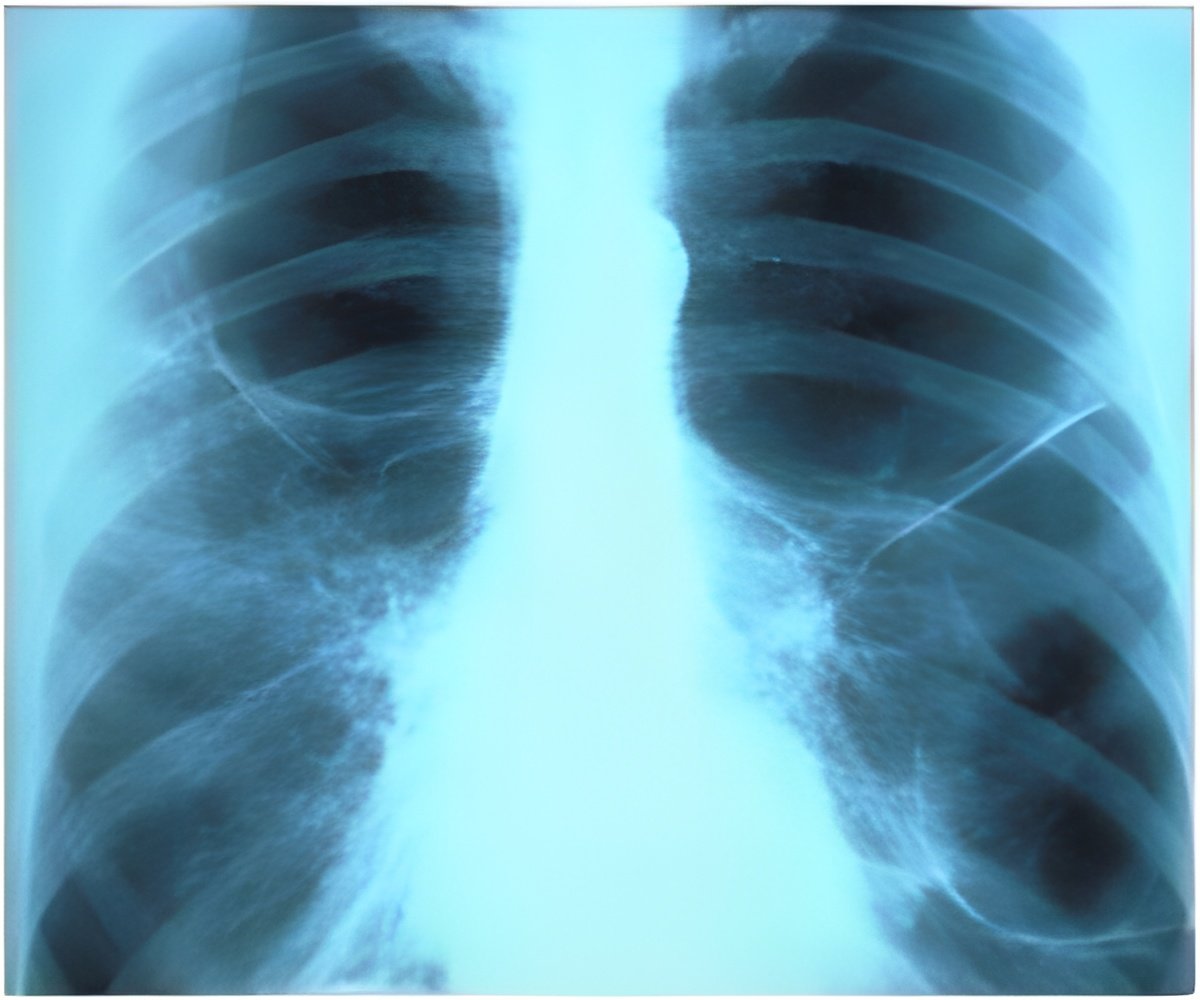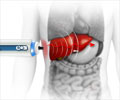Poor lung function in children with cystic fibrosis is more likely to persist later in life.

"The results indicate that in these children, efforts to preserve lung function before age 6 are critical to maintaining good lung function into adolescence," she said.
The researchers used records contained in the Colorado Newborn Screening Database to identify 172 CF patients, gathering data regarding body mass index, lung function between 6 to 8 years of age and in adolescence, and respiratory culture results before 6 years of age.
Children with low lung function at age 6 also had low lung function in adolescence, regardless of whether or not they had infection with P. aeruginosa in early childhood. Children with low lung function in early childhood also had a faster rate of decline in lung function from childhood to adolescence than those with better early childhood lung function.
The study also revealed that children with a higher body mass index (BMI) between the ages of 2 and 4 years had better lung function later in life than those with lower BMI. BMI is used to measure body fat; in this case, higher BMI indicated a better nutritional status.
"Our findings are in line with previous studies suggesting that CF lung disease begins in early childhood, and would suggest that further study needs to be done to identify causes of decline in lung function in infants and children with CF, in order to optimize management and improve the severity of illness and mortality," Dr. Pittman said. "This may also suggest that early intervention, whether it be preventing infections, improving nutrition or promoting clearance of excess mucus, may be beneficial in infants with CF."
Advertisement
"We found that P. aeruginosa is not as strongly associated with early lung function (or later lung function) as some previous studies have reported," she said. "This may suggest that P. aeruginosa infection is a marker for other factors causing more severe lung disease, or that it is how a child responds to the infection, and not simply the infection alone, that determines the change in lung function."
Advertisement
"We hope these studies will identify factors that can be targeted for further research and early intervention in order to improve lung function in children with CF both at an early age and later in life," she said.
Source-Newswise











